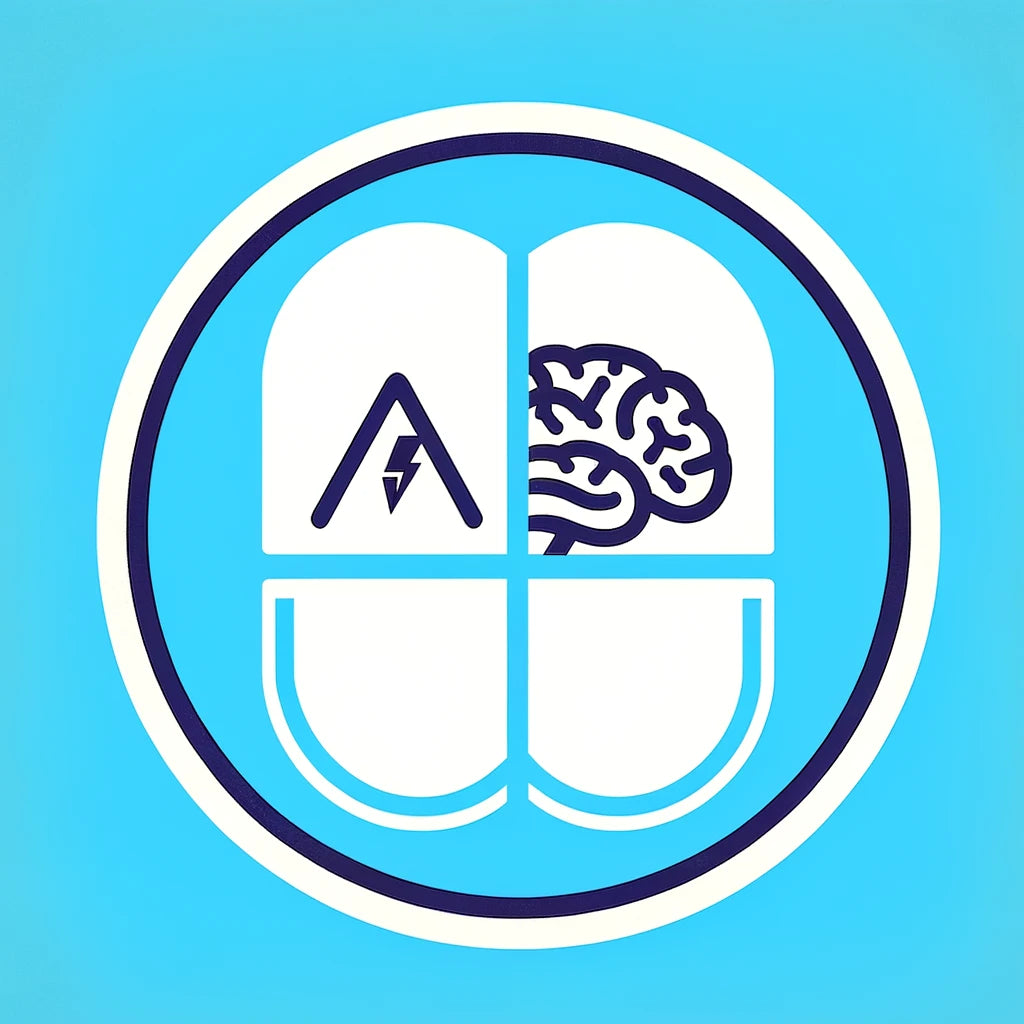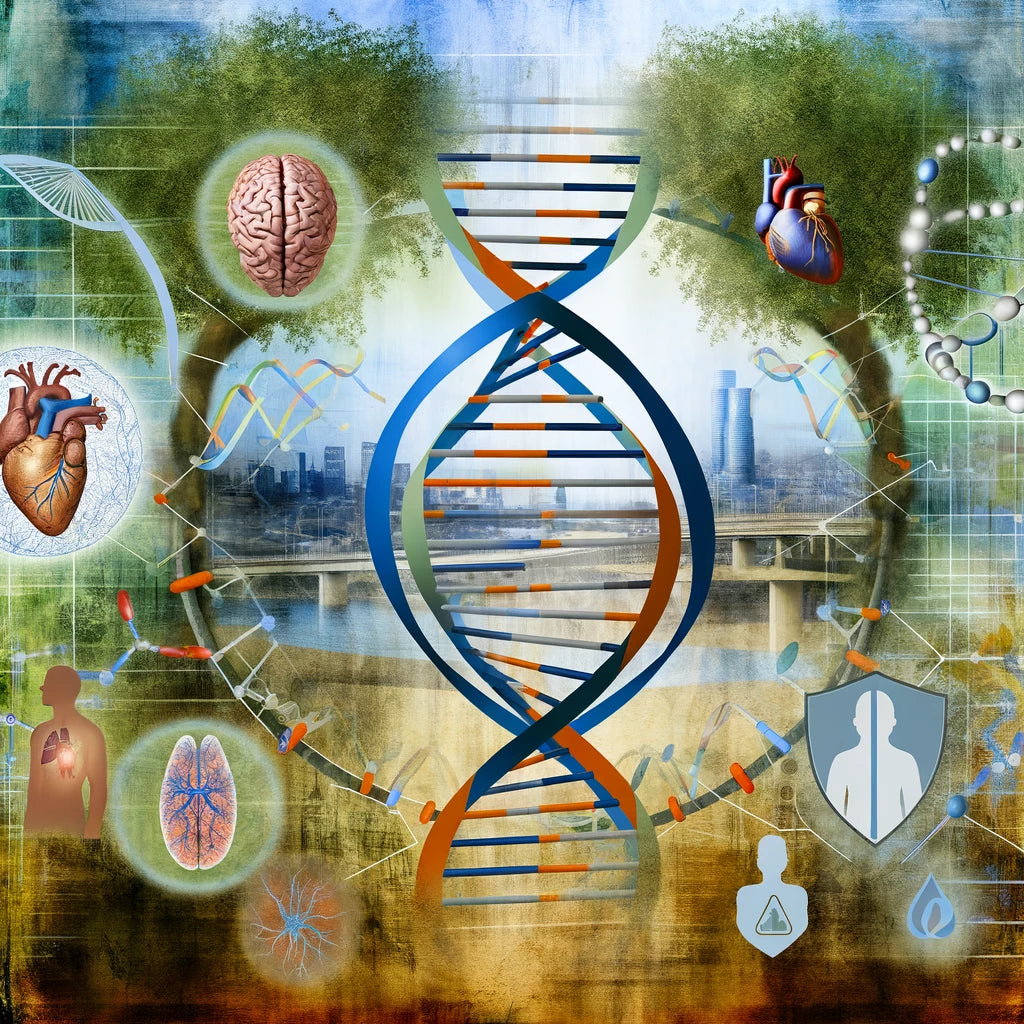A Surprising Discovery in ADHD Treatment
Buckle up, folks, because we're diving into a groundbreaking study that's turning heads in the world of ADHD treatment. Here's the deal: Teens and young adults with ADHD who are treated with amphetamines like Adderall might face a higher risk of developing psychosis compared to those taking methylphenidates like Ritalin.
The Big Study: Numbers That Speak Volumes
Imagine tracking over 220,000 young people with ADHD, aged between 13 to 25, all freshly prescribed stimulants. That's exactly what this extensive study did. They split the group: half on Adderall-type meds and half on Ritalin-type meds.
The Results: A Striking Difference in Psychosis Risk
Out of this massive group, 343 individuals – roughly one out of every 660 – experienced psychosis after starting their medication. Here's where it gets real: those on the Adderall-type meds had double the risk (0.21%) of experiencing this serious side effect compared to those on Ritalin-type meds (0.1%). This eye-opening info was published in none other than the New England Journal of Medicine.
A Doctor’s Observations Spark Crucial Research
Enter Dr. Lauren Moran from Harvard Medical School, a practicing psychiatrist at McLean Hospital, and the lead author of the study. Moran's firsthand experiences with young patients developing psychosis on stimulants, particularly Adderall, kicked off this crucial research.
Understanding ADHD and Its Treatment
ADHD isn't just about being a bit restless. We're talking about serious symptoms like inattention, hyperactivity, and impulsive behavior. Stimulants have been the go-to for keeping these symptoms in check, but since 2007, there's been a warning label about possible psychotic or manic symptoms, even in patients with no prior history.
The Prescribing Trends: A Shift Over Time
Get this: Teens and young adults were four times more likely to be prescribed amphetamines like Adderall in 2015 compared to 2004. Ritalin prescriptions also went up, but not as dramatically.
Why Adderall Might Pose a Higher Risk
Dr. Moran sheds light on the subtle differences between Adderall and Ritalin. Both affect dopamine in the brain, but Adderall tends to trigger a dopamine release, while Ritalin blocks its re-uptake. This could be why there's a higher risk of psychosis with Adderall-like meds.
A Pediatrician's Perspective: Don’t Panic Yet
Dr. Rebecca Baum from Nationwide Children’s Hospital (not involved in the study) raises a concern: This info might scare parents away from effective ADHD treatments. She emphasizes the rarity of psychosis as a side effect and the importance of weighing benefits against risks.
Successful Treatment Without Frequent Side Effects
Dr. Baum also points out that the majority of her ADHD patients are treated successfully with minimal side effects. This study's findings, while important, represent a rare occurrence in clinical practice.
Lower Risk for Long-Term Users and the Importance of Informed Decisions
For those who've been on these medications for a while, Dr. Moran reassures that the risk is likely even lower. The key takeaway? It's crucial for parents and young adults to have informed discussions about the risks, benefits, and alternatives like behavioral therapy and non-stimulants when considering ADHD medication.
This study isn't just a piece of research; it's a vital conversation starter about how we approach ADHD treatment. With this new knowledge, making informed decisions just got a whole lot more important.
Researched Back Sources:
https://www.nejm.org/doi/full/10.1056/NEJMoa1813751






Leave a comment
This site is protected by hCaptcha and the hCaptcha Privacy Policy and Terms of Service apply.